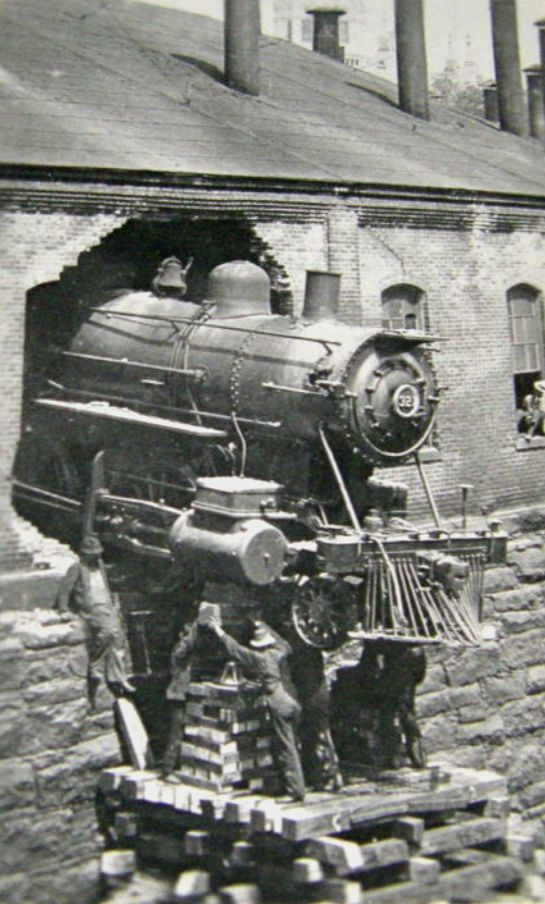President's weekly report — October 4, 2013
Economic Liberty — Right to Earn a Living
We filed our opening brief in the Ninth Circuit in Underwood v. Mackay, our challenge to the Nevada laws that establish a cartel of moving companies by forbidding new moving companies if they would compete against existing companies. As we explained in this blog post, the trial court dismissed Underwood’s lawsuit because he hadn’t yet applied for a permit — a permit saddled with unconstitutional conditions. We’re asking the Ninth Circuit to allow the case to proceed so we can demonstrate that the Nevada law is unconstitutional.
Property Rights — Rails to Trails

The United States Supreme Court granted certiorari in Brandt v. United States, a case where the federal government is attempting to claim private property for itself in order to build recreation trails. When the railroads were built in the 19th century, the railroad companies obtained railroad right-of-way easements across private and government-owned land in order to lay down the tracks. Normally, when these easements were created there was an understanding — either express or under the common law — that if the railroad were ever to abandon the rail line, the easement would revert to the fee owner. After railroads began abandoning tracks in the 20th century, Congress passed the so-called “Rails to Trails Act” that purported to end abandonments by “railbanking” the easements so they could be used by new railroads in the future. In the meantime, the easements could be used for recreational trails. No one really ever believed that railbanking had anything to do with the Act because no one believed any new railroads would rise like the phoenix from the ashes of the old lines. It was all about satisfying a desire to grab free public recreation trails without paying for the abandoned easements.
Landowners naturally rebelled, and sued for compensation, and have won dozens of cases against the federal government. In Brandt the feds tried a different tactic — they sued the landowners claiming that there was an “implied reversionary easement,” meaning that after the railroad was abandoned, the right-of-way reverted to the federal government which held title to the property in the first place — before it was sold to private landowners. Although there is no such thing as an “implied reversionary easement” in the common law, the Tenth Circuit bought the argument — in contrast to the law of a number of other circuits. Now that the Supreme Court has taken the case, we are hoping the rights of the private landowners over whose property these easements cross will be vindicated. For more background and a link to our amicus brief, click here. The petition in this case was filed by our friends at Mountain States Legal Foundation, and we’ll be supporting them as this case goes forward.
Tort Reform — Asbestos Exposure
The Pennsylvania Supreme Court issued this nice decision in Howard v. A.W. Chesterton Co., rejecting the argument that any exposure to any asbestos, no matter in how minute a quantity, necessarily leads to illness, injury, and the right to damages. For more details and a link to our amicus brief, see our blog post here.
Economic Liberty — Forced Unionization
The United States Supreme Court also granted certiorari in Harris v. Quinn, a case challenging an Illinois executive order and law declares all personal home assistants to be public employees, for the sole purpose of being represented by a collective bargaining unit of the Service Employees International Union. We filed an amicus brief supporting the National Right to Work Association’s case challenging this law.

